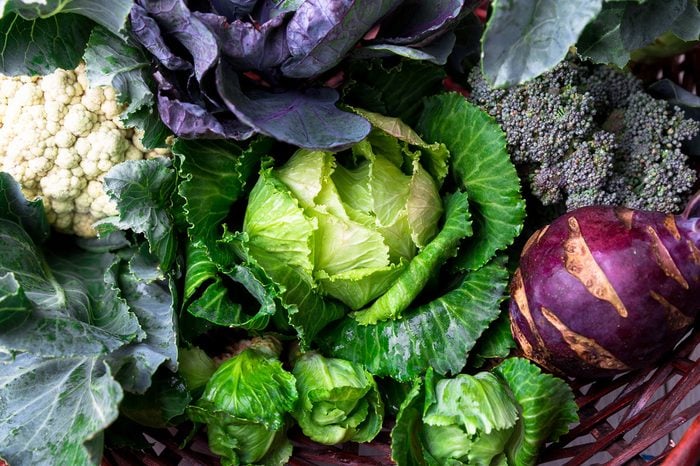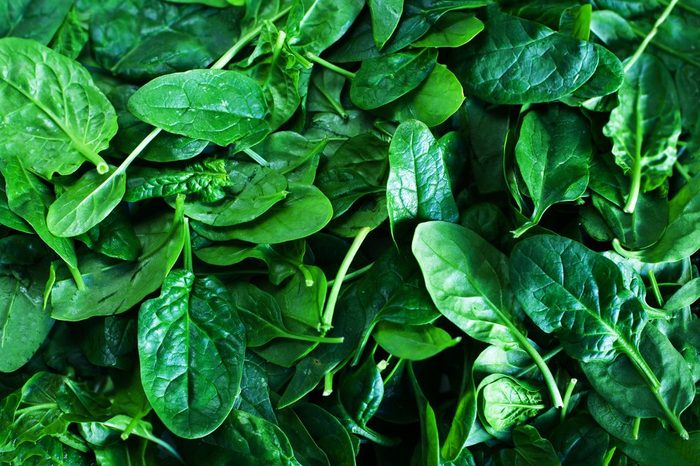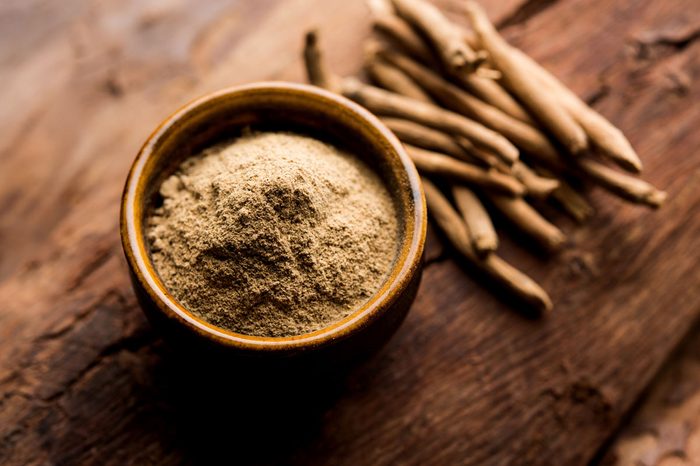
Is worry getting in the way of the joy you deserve to feel each day?
You are not alone. Globally, mental illness is a growing concern, ever more notable in these days of Covid-19. What’s encouraging is the variety of recovery possibilities, beyond pharmaceuticals, that are available to those who bear this burden.
It’s an exciting time in the world of nutrition and health, with ongoing studies pointing to the fact that what we eat can promote mental well-being. To help minimize anxiety and depression, consider these six tips.

1. Reduce the “core four”
Cut down on sugar, dairy, gluten and omega-6 oils (found in processed foods) to improve your gut health. A strong gut/brain connection exists that links the food you eat to your mental health. Want to reverse gloominess? Nutrient-rich oysters, mood-boosting green salads, wild seafood, fresh herbs and cruciferous vegetables (think broccoli, cauliflower and Brussels sprouts) top the antidepressant food list.

2. Supplement with magnesium
Often, we need more nutrients than food can provide us. Magnesium is essential to more than 300 functions in our bodies, yet over 75 percent of us are deficient. Supplementing with this calming mineral can alleviate anxiety, lessen depression and, as a bonus, promote sleep. Try the highly absorbable form, magnesium glycinate (400 to 600 milligrams). But there are some important things you should know before you take a magnesium supplement.

3. Take a B vitamin
Vitamin B12 and folate are frequently low in people with mood disorders. Folate, a member of the B vitamin family, is critical for mental health. Leafy greens, liver and legumes are high in this nutrient. Vitamin B12, found in meats, eggs and seafood, boosts “happiness” neurotransmitters to reduce anxiety. A vitamin B complex combines folate and vitamin B12 to become an “all-star” antidepressant.

4. Relax with L-theanine
L-theanine, an amino acid found in green tea, effectively stimulates brain-calming activity. Want to skip the caffeine? Supplement with 200 milligrams of L-theanine, dubbed “meditation in a capsule,” twice daily.

5. Use herbs
Ashwagandha is an adaptogen that has been shown to reduce anxiety by 44 percent. Adaptogens provide a natural way to regulate the body’s response to stress. Try ashwagandha powder mixed into a favourite morning smoothie, or use an herbal blend with other calming adaptogens, such as rhodiola and reishi mushroom.

6. Take a breather
Slow your breath (inhaling for four, holding for seven and exhaling for eight) to avoid burnout. Incorporate a few cycles of 4-7-8 breathing first thing in the morning, before sleep or in stressful moments to reduce anxiety. Bonus: For a positive morning kick-start, follow breathwork with two minutes of writing in a daily gratitude journal.
Consider other central areas of wellness in your life. Substituting positive replacement thoughts for automatic negative thoughts (ANTs), getting good-quality sleep, going out for some fresh air and moving your body are attainable ways to shake the “blues.” Small, conscious lifestyle shifts in nutrition and wellness become routine and restorative over time.
Paige Purvis is an integrative nutrition health coach and CEO of Radiant Self Wellness.
Next, learn the best supplements for brain health.
